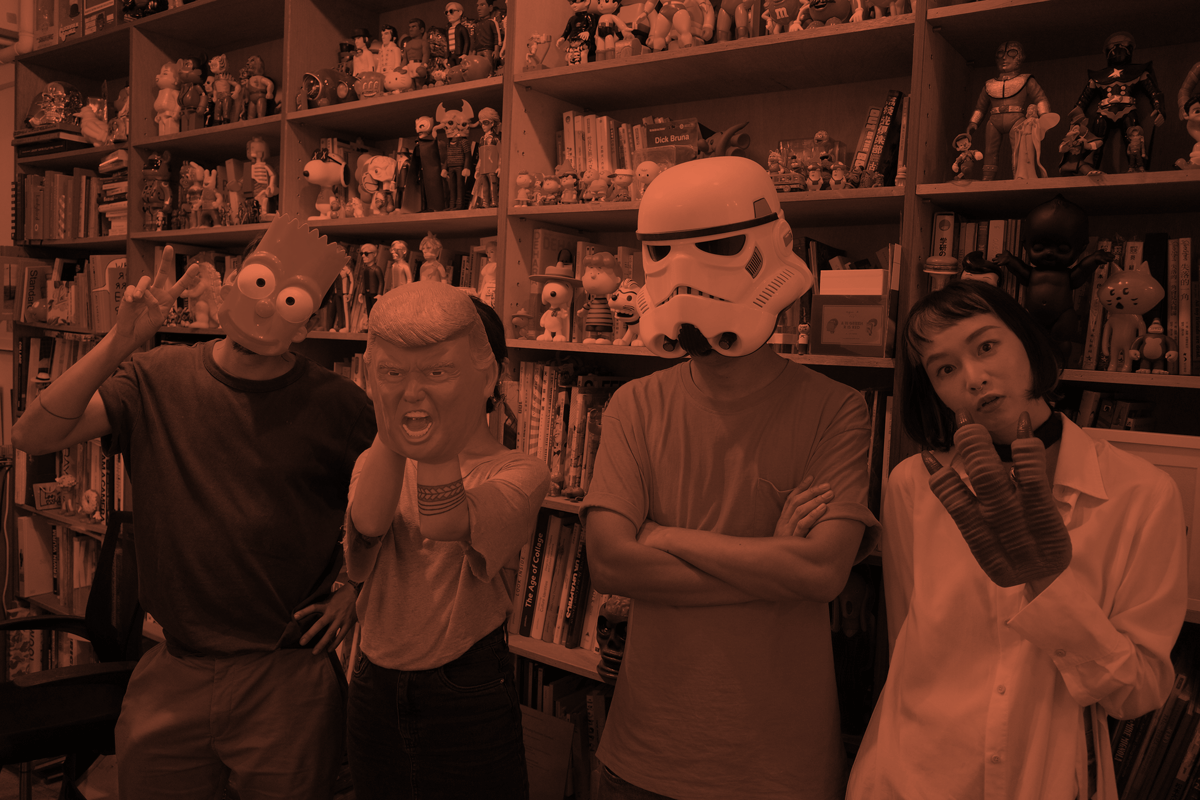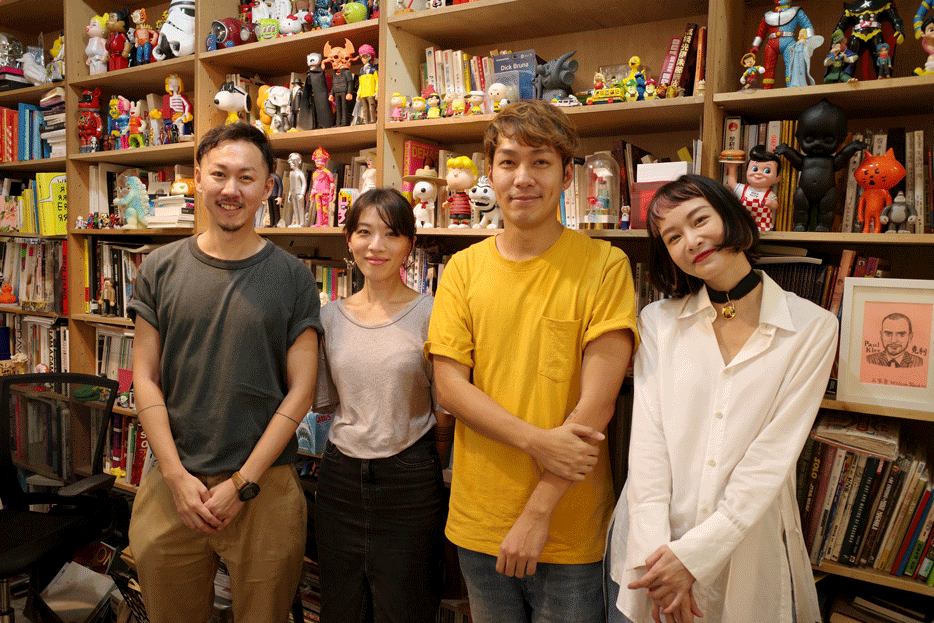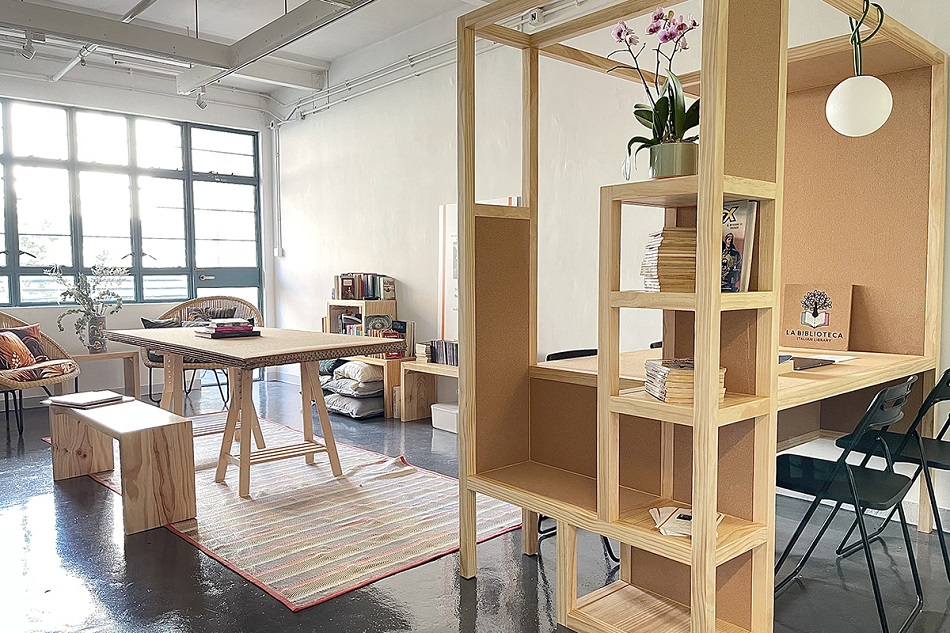Design Feature #51
From Fashion Design to Life and Career(IV): Fashion and Future
Lio Yeung

Written by Lio Yeung
Translated by Joel Wong
It has been more than a decade since I graduated from the School of Design. Sadly, I have seen quite many of my classmates have already changed their career paths, like becoming fund managers or starting an online shop business. Some of them had a brief venture in their fashion brands, but they withdrew their companies and back into the salaryman status in a blink of an eye.
Fashion design was once a vibrant industry in Hong Kong, is it going to a dead end?
Continue: The Breakthrough and Change — Vann Kwok | From Commercial to Artistic — Afa Lee | Perseverance and Experiment — Singchin Lo

This interview allowed me to meet my classmates that I admired again, and I am glad to see them sticking to their dreams and standing tall for what they believe.
For example, our alumni Vivienne Tam and Timmy Yip could not surpass their international success and be well-known designers. The so-called "education" in Hong Kong attributed to such a situation. "Mentors suggest students choose a recognized company for internship and work on their portfolio there, and to ensure they can find a job easily upon graduation." Ah Sing said, such a scenario makes it impossible for students to learn from current designers and get inspiration from them and ruin the true meaning of internship. Fashion catches up and creates trends, and students will only deviate from reality if one's mentor does not understand the current situation.
I have conducted several projects to promote Hong Kong's fashion designers. Based on the data I collected, Hong Kong people don't know much about their local fashion brands. Some interviewees even said that they support well-known foreign brands over local brands, they are reluctant to take the quality and design of local brands into serious considerations. I think this is such a deep-rooted preconception of Hong Kong people.
"Fashion is not just about the outfit. It includes makeup, head dressing, and accessories altogether as a package." Although Hong Kong still has models who get on the runway, Afa Lee said they are not super modelesque like Janet Ma and Kathy Chow back in the day. Hong Kong is never short of talents, but it lags in professional training programs like Japan and South Korea. There are full-time schools in Japan to train youngsters with potential to help them develop in showbiz in the future.
South Korea has become the fashion and trendsetter in the past decade. The "trainee system" is prevalent in South Korea, and not only do they export girl/boy groups or dramas but also drive the entire fashion industry. "Lots of beautiful Korean stars put on the shows and events to support local fashion designers." For example, in the TV drama Hotel Del Luna, IU, the leading actress, puts on over a hundred different costumes. In last's years hit drama It's Okay Not Be Okay, leading actress Seo Yea-Ji put on the works of the Korean designer MINJUKIM. These are incredible efforts to push Korean designs onto the international stage.
I still remember the apprentice system of the fashion industry in the old days. Juniors had to learn everything about the industry from their Masters/Mentors. The entire process was strict and not easy to survive. I graduated around the most prosperous era in the fashion industry. All graduates aim to enter big-name companies or enterprises. But during the pandemic, large corps were laying off a massive amount of employees. Since the economy is shrinking, individuals are starting to build their online platforms. I believe this is an era of personalization called the Me-generation. Slashie is the working style that many youngsters yearn for. The form of cooperation has changed from a company as a unit to between people. As mentioned previously, the world is ever-changing, and this Slashie life may become a new way out under such a shrinking market.


